
Smart Carbon Solution With
AI Guidance
Data Synchronization
Auto Report
Carbon Expert
Sustainability Intelligence
CarbonM by Cedars Digital is revolutionizing enterprise environmental management with precision carbon-tracking and AI-driven, scalable solutions for emissions reduction. Backed by our ISO/IEC 27001 certification, we ensure the highest standards of information security and data integrity as we empower organizations to meet—and exceed—their sustainability goals.
A little bit about Cedars
50M+
Carbon BOM Data
20+
Major Industries
40+
Product Categories
Trusted by 90+ international companies

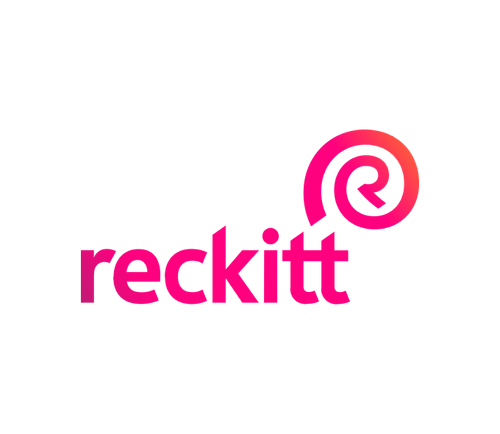




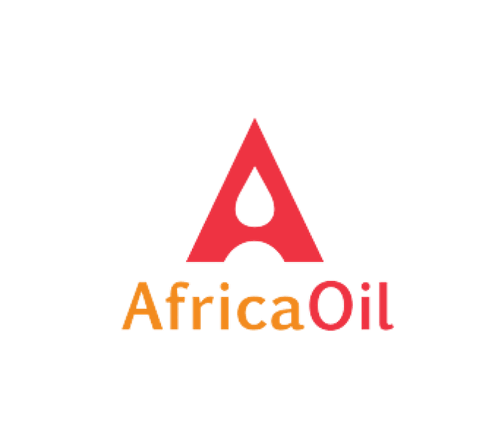

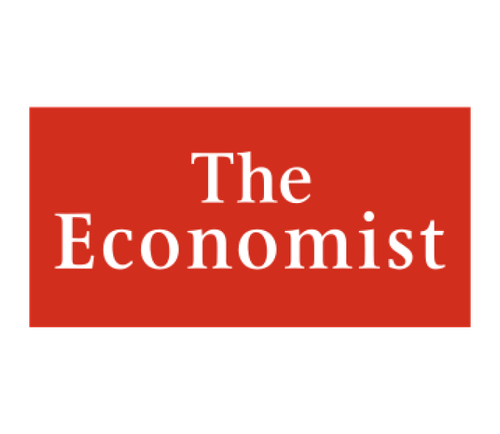





- I am Concerned About Carbon Law
- What are the potential legal repercussions of not adhering to carbon regulations?
- How can companies navigate the complexities of international carbon laws?
- What are the penalties for inaccurate carbon reporting?
- I am Concerned About Manpower for Carbon
- How can companies ensure they have enough skilled personnel for carbon management?
- What training programs are necessary to educate employees about carbon footprint reduction?
- How can companies manage the additional workload of carbon data collection?
- I Am Concerned About ESG Operations
- How can companies integrate carbon management into their branding strategy?
- What are the financial impacts of implementing comprehensive carbon management systems?
- How can companies ensure continuous improvement in their carbon management practices?
Unlock Enterprise Sustainability
Latest & Coming Events

Cedars Digital Achieves ISO 27001:2022 Certification, Safeguarding Clients’ Carbon-Management Data with Dedication
Cedars Digital has officially obtained ISO 27001:2022 Information Security Management System certification, showcasing the company’s long-standing commitment to information security.
執行長-左、國立臺灣師範大學陳焜銘副校長右.jpg)
Education x Technology x Net Zero! NTNU teams up with Cedars Digital to create a new base for green collar talent cultivation in carbon management in the Asia-Pacific region.
Torrent Chin, CEO of Cedars Digital (left), and Dr. Kun-Ming Chen, Vice President of National Taiwan Normal University (right). Group
Are you ready for what's coming?
Less than 10% of Asia companies complete their carbon foot verification, and less than 5% of them are using smart method to build their own database.
“Why Are Some Companies Ready for Carbon Tax? They’ve Prioritized Carbon Verification.”
Begin your path to reducing corporate emissions now.
Measure
Construct your corporate carbon footprint and scrutinize emissions hotspots using carbon BOM data.
Report
Effortlessly create audit-ready reports tailored to your export standards and international guidelines.
Target
Set up an internal database that follows industry standards and establish clear emissions reduction goals for your entire value chain.
Decarbonize
Launch sustainability initiatives that align with your business forecasts for immediate impact.
Auto comply with international standards and regulations [Coming Soon]
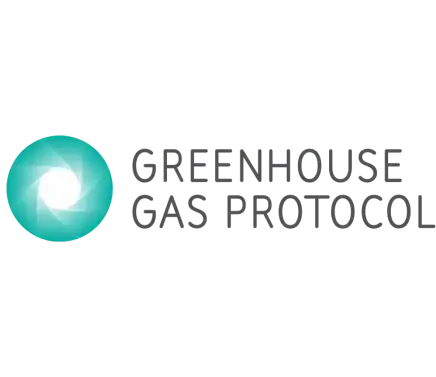
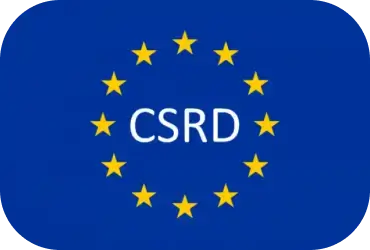

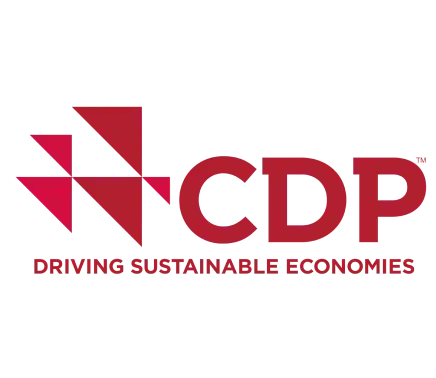
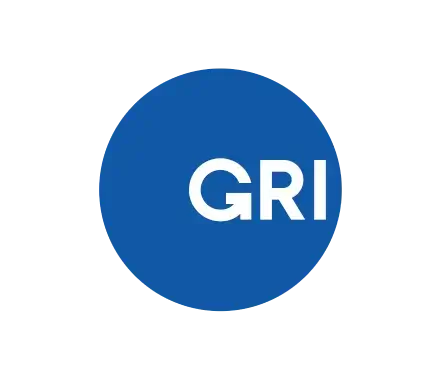
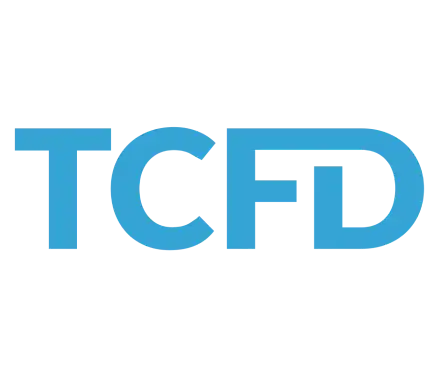
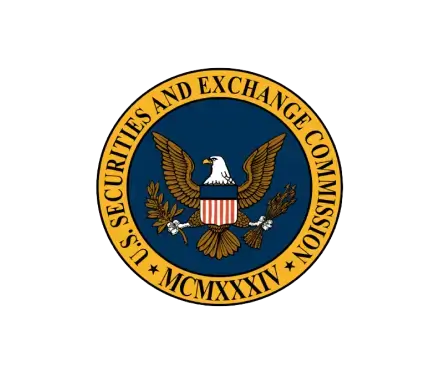
Carbon Insight

Understanding Carbon Neutrality: A Comprehensive Guide for Business
Discover what carbon neutrality means for businesses and learn how to achieve it with our comprehensive guide. Explore frameworks, strategies, challenges, and emerging trends to drive sustainable growth and regulatory compliance.

Achieving Net Zero: A Comprehensive Guide to Carbon Neutrality
The concept of net zero is increasingly becoming a focal point in the global dialogue on climate change. As the impacts of global warming become more pronounced, understanding and striving for net zero emissions is crucial for mitigating the most severe consequences of climate change.

COP28: A Historic Leap Toward the End of the Fossil Fuel Era
The United Nations Climate Change Conference (COP28) concluded on December 13, 2023, in Dubai, United Arab Emirates, marking a pivotal moment in the global fight against climate change. With the participation of delegates from nearly 200 countries, COP28 is hailed as a historic event that signals the “beginning of the end” of the fossil fuel era.

Understanding the Difference: Carbon Neutral vs. Net Zero Emissions
Explore the clear differences between carbon neutral and net zero emissions. This comprehensive guide breaks down key definitions, strategies, and frameworks, and provides actionable insights for businesses aiming to achieve sustainable climate targets.

What Is the Greenhouse Gas Protocol? (GHG Protocol)
The Greenhouse Gas Protocol (GHG Protocol) is a globally acknowledged standard for measuring, managing, and reporting greenhouse gas emissions. Originally established in 1990 in response to a growing demand for a consistent framework, it now serves as the cornerstone for climate action worldwide.

What’s CSRD? Exploring the Corporate Sustainability Reporting Directive
The Corporate Sustainability Reporting Directive (CSRD) is an EU legislation that significantly expands the existing sustainability reporting requirements for companies. It builds on the Non-Financial Reporting Directive (NFRD) and aims to provide stakeholders with more reliable and comparable sustainability information.

Blue, Green, and Yellow Carbon Credits: Unlocking New Avenues for Climate Action with Advanced Technology
Explore the distinct roles of blue, green, and yellow carbon credits—from coastal mangroves to agricultural soils—in achieving climate goals. Discover case studies, methodologies, challenges, and technological solutions, with insights and resources from Cedars Digital.

Understanding the Difference: Carbon Neutral vs. Net Zero Emissions
Explore the clear differences between carbon neutral and net zero emissions. This comprehensive guide breaks down key definitions, strategies, and frameworks, and provides actionable insights for businesses aiming to achieve sustainable climate targets.

The Comprehensive Impact of CBAM: Sectors, Reporting, and Future Prospects
The European Union’s Carbon Border Adjustment Mechanism (CBAM) represents a pivotal shift in the global approach to carbon pricing and climate change mitigation. As the EU strives for climate neutrality by 2050, CBAM emerges as a key tool to prevent carbon leakage and promote a level playing field between domestic and imported goods.

Revolutionizing Carbon Management: The Impact of AI on Data Collection and Sustainability
In the quest for sustainability, accurately measuring and managing carbon footprints has become a critical task for organizations worldwide. The advent of artificial intelligence (AI) has revolutionized this process, offering new avenues for data collection and analysis in carbon management.

Achieving Net Zero: A Comprehensive Guide to Carbon Neutrality
The concept of net zero is increasingly becoming a focal point in the global dialogue on climate change. As the impacts of global warming become more pronounced, understanding and striving for net zero emissions is crucial for mitigating the most severe consequences of climate change.

What Is the Greenhouse Gas Protocol? (GHG Protocol)
The Greenhouse Gas Protocol (GHG Protocol) is a globally acknowledged standard for measuring, managing, and reporting greenhouse gas emissions. Originally established in 1990 in response to a growing demand for a consistent framework, it now serves as the cornerstone for climate action worldwide.

